Chaotic sales activities of artists, TikTokers, Youtubers... - Screenshot
While Hang Du Muc and Quang Linh Vlogs were just arrested for producing and selling fake goods - Kera vegetable candy, and Miss Nguyen Thuc Thuy Tien was banned from leaving the country for investigation related to the incident, many other influencers (KOLs) are still actively and chaotically operating on the "online market".
Don't know if the product is real or fake when buying
In the shopping cart posted on the TikTok channel of Chu Thanh Huyen (wife of football player Quang Hai), customers can easily choose and order from more than 60 different items on display. Among them, there are items that have sold thousands of products.
Randomly clicked on "Ohui pink facial cleanser set" 200ml (with 100ml tube included), discounted to 422,000 VND, the introduction appeared, saying this product helps support moisturizing and whitening.
Reading the feedback from customers who have purchased, besides the positive content, there are also people who share "using it on the face makes it itchy".
Ordering another set of cosmetics worth more than 1.8 million VND on Chu Thanh Huyen's channel, a customer said "he received the goods but did not see the anti-counterfeit stamp on each product so he was a bit worried".
Another customer bought 1,000mg vitamin C pills with the advertisement "supports reducing dark spots, supporting whitening, supporting increasing resistance", priced at 322,000 VND (41% discount). But then commented that he had received the product but did not know if it was real or fake.
Notably, when a customer complained about the product not having a clear label, the seller openly replied: "Our products are hand-carried so there is no additional label, ma'am", "guaranteed genuine products, ma'am"...
Recently, Chu Thanh Huyen was also accused of over-advertising "milk" for children, originating from Korea. Based on a video posted on TikTok, she said that this milk can be used for children from 7 months old, using her son (8 months old) as an example.
But then someone complained that children must be 2 years old or older to use it. Faced with backlash, she apologized, saying that she had not been clear enough, leading to a misunderstanding.
Buying products on e-commerce platforms without additional labels and clear information also makes many customers feel confused about the origin, not to mention the seller's responsibility when customers use the product and encounter problems.
Mai Ly - TikToker with more than 1.7 million followers, famous for selling cosmetics, especially functional foods, including the best-selling "E22 - Liver Support Pills" box, with more than 12,600 products sold.
The selling price is 465,000 VND/box of 30 pills and 958,000 VND/box of 60 pills. Taking the lowest price, she estimated that she earned more than 5.8 billion VND. However, some customers complained that "the product has no label, suspected to be counterfeit".
The seller replied that it was just a white label, no additional label, and promised to compensate 1,000 times if counterfeit goods were found. Meanwhile, other customers complained that the product did not have instructions on how to use it, so they "bought it without knowing how to use it".
"Elixir" is everywhere, it can turn back the clock
According to records on TikTok and YouTube, many sellers advertise their products so loudly that listeners sometimes mistakenly think they are "miracle drugs" or "miracle drugs".
For example, many other videos by famous TikTokers advertise a functional food that has the ability to "revive dead cells" and "prolong life".
Taking this dietary supplement feels like "changing your head, changing your brain". When taking this dietary supplement, there is no need to take other medications for brain nourishment, hair growth, treating gray hair, supporting treatment of good sleep, diabetes, stroke...
With advertising content like the above, many people are almost unclear about the truth, and do not know how to verify that all the information is correct.
Notably, many elderly people said they had been "trapped", bought fake medicine, and suffered many consequences. Ms. Hanh (name changed) said that after looking online, she ordered a bag of "traditional medicine", traditional medicine.
This medicine was wrapped in a small plastic bag, with information about its uses in treating back pain, numbness, rheumatism, sciatica, helping her eat well and sleep well... However, after a period of use, she felt her face was swollen, her skin was thin, and there was bleeding under the skin...
It is known that this herbal medicine is mixed with corticosteroids. Long-term use will cause poisoning with many dangerous complications.
"I took weight gain pills bought online, which also contained corticosteroids. After taking them for a few months, my stomach hurt, and then I got edema. It was a terrible situation, extremely regretful," said Ms. Bich Ngan (HCMC). In order to sell herbal medicines, functional foods... many people even call themselves "miracle doctors", doctors, pharmacists...
Meanwhile, even when buyers encounter problems while using the product, the seller still responds with "template text" instead of supporting the buyer. For example, a customer posted a photo of his red face, along with the content "personal experience and a little bit of a face. Probably not suitable" and gave it a 1-star rating.
But the seller only replied: "Hello, if you have any problems that need to be resolved, please message us for support. If there is anything, please respond so we can support you. I hope you will help me rate the feedback 5 stars, otherwise I will be penalized for negative points. We will try to improve the quality of service."
Speaking to Tuoi Tre, many experts said that false information from influencers on social networks can seriously affect users' decisions.
For example, a self-proclaimed KOL reviews cosmetic products or functional foods untruthfully (over-praises the product or reviews it regardless of whether they have used it), causing users to buy it and have health problems (skin allergies, infections or worse, other health problems). Most recently, there was the Kera "vegetable candy" incident.
Young people are cautious when viewing and buying products advertised on TikTok - Photo: TTD
"Newspaperization" and "televisionization" to attract interaction and make illegal profits
According to many experts, the trend of "newspaperization" and "televisionization" of the activities of many news sites, social networks, and content channels is becoming increasingly evident. Many Facebookers, TikTokers, and YouTubers act as newspaper reporters and TV station editors right on their personal pages and channels.
Mr. Vo Quoc Hung, growth director of Tonkin Media Company, said that many news sites, YouTube channels, and TikTok are operating as press agencies and television stations but are not subject to censorship under the Press Law.
This leads to false information, sensational headlines, causing confusion in society without any evidence," Mr. Hung said. It is worth mentioning that while mainstream newspapers and television stations must comply with many strict regulations, YouTube and TikTok channels operate freely, without any license.
According to Mr. Hung, a huge impact of the "newspaperization" and "televisionization" situation is the negative impact on social awareness.
"A sensational news spreads and is believed six times more than normal news, so "newspaper-ized" and "television-ized" channels often use sensational headlines and one-sided news to attract views, distorting the perception of viewers, especially Gen Z (accounting for 25% of Vietnam's population, according to Kantar 2024) - the generation that will rule the country in the future," Mr. Hung assessed.
Therefore, according to experts, it is necessary to establish an agency specializing in monitoring YouTube channels, TikTok, and news sites. This unit will coordinate with platforms (TikTok, YouTube...) to monitor content, handle violations, and have the right to request platforms to immediately handle sanctions (banning, deleting content...) when a decision is made.
60% of Gen Z trust reviews
According to data from Kantar's 2024 research, in Vietnam, up to 60% of Gen Z (about 15 million people) trust reviews from KOLs and KOCs on TikTok, and about 40% of them have bought poor quality products due to dishonest reviews.
Viewers, especially Gen Z and Millennials (accounting for 70 million social media users in Vietnam), are easily drawn into livestream sales with flowery advertisements, leading to a series of consequences such as impulsive shopping, financial waste, and then putting pressure on the environment...
The fact that KOLs/KOCs disregard product quality to advertise according to scripts also undermines ethical standards in communication.
In addition, many self-proclaimed KOLs/KOCs cooperate with unreliable brands, promote fake, poor quality products or participate in disguised multi-level marketing models, which also directly contributes to the increase in online fraud.
Another consequence is that it has a negative impact on the market and fair competition. Genuine businesses or small businesses that do not have enough budget to hire KOLs/KOCs will be at a disadvantage compared to fraudulent brands because they have a large profit margin and have the budget to hire KOLs/KOCs to "promote" their products even though the quality is not good.
Must tighten the responsibility of influencers
Speaking to Tuoi Tre, many experts and businesses said that fake and counterfeit goods are widely advertised by celebrities, especially through livestream channels. Poor quality products associated with the images of KOLs make consumers easily deceived, not only losing money but also losing confidence in the market.
According to Ms. Anh Hong - director of e-commerce of the 24hStore retail system, from a brand perspective, this has a serious impact on genuine businesses. They invest in quality and service but have to compete with cheap counterfeit goods, preying on the trust of customers through the form of "borrowing the reputation of famous people".
"It is necessary to tighten the responsibility of influencers when participating in sales - it cannot be considered as "advertising on behalf of others". Along with that, we should implement a mechanism to identify online sales accounts so that all commercial activities become more transparent. This is not a barrier but a minimum condition to build a healthy business environment", she proposed.
Ms. Hong also believes that social media platforms need to proactively control livestream content, especially with accounts with large followings. "We cannot let consumer trust be compromised just because of a few minutes of irresponsible sales," she said.
Read moreBack to Topic Page
VIRTUE - PLUM BLOSSOM
Source: https://tuoitre.vn/tiktoker-youtuber-gay-bat-nhao-cho-mang-20250417080519435.htm


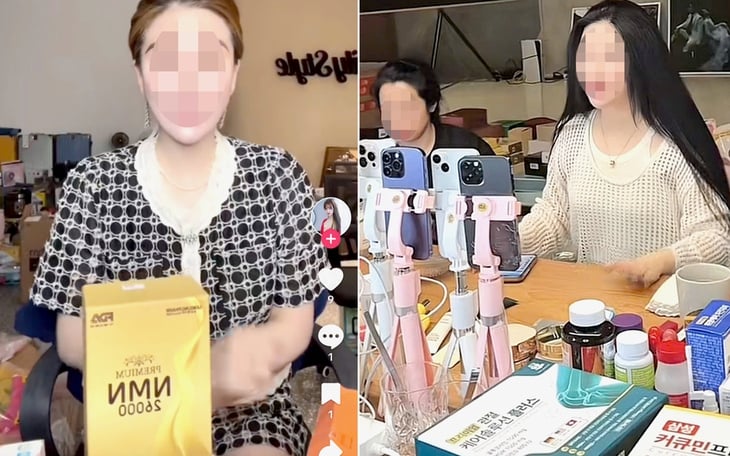
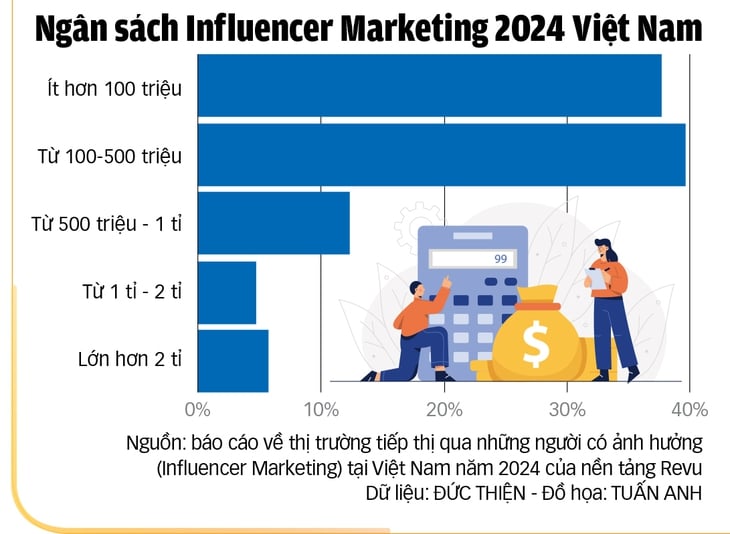
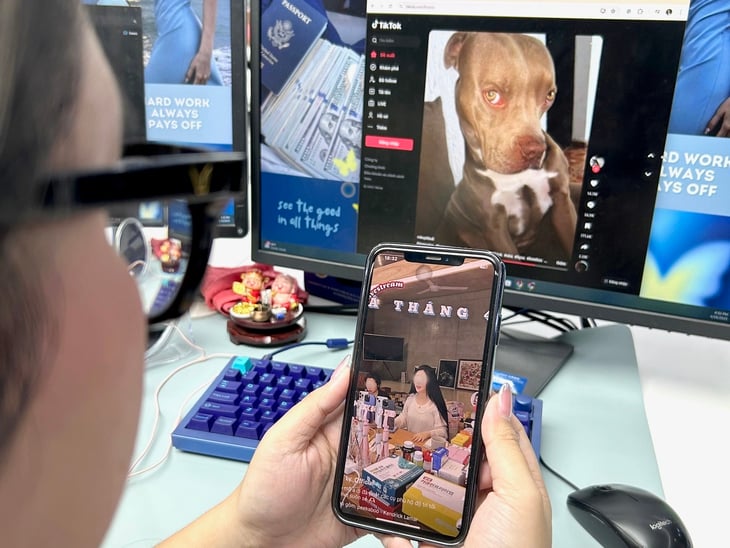
![[Photo] Prime Minister Pham Minh Chinh receives Mr. Jefferey Perlman, CEO of Warburg Pincus Group (USA)](https://vstatic.vietnam.vn/vietnam/resource/IMAGE/2025/4/18/c37781eeb50342f09d8fe6841db2426c)
![[UPDATE] April 30th parade rehearsal on Le Duan street in front of Independence Palace](https://vstatic.vietnam.vn/vietnam/resource/IMAGE/2025/4/18/8f2604c6bc5648d4b918bd6867d08396)



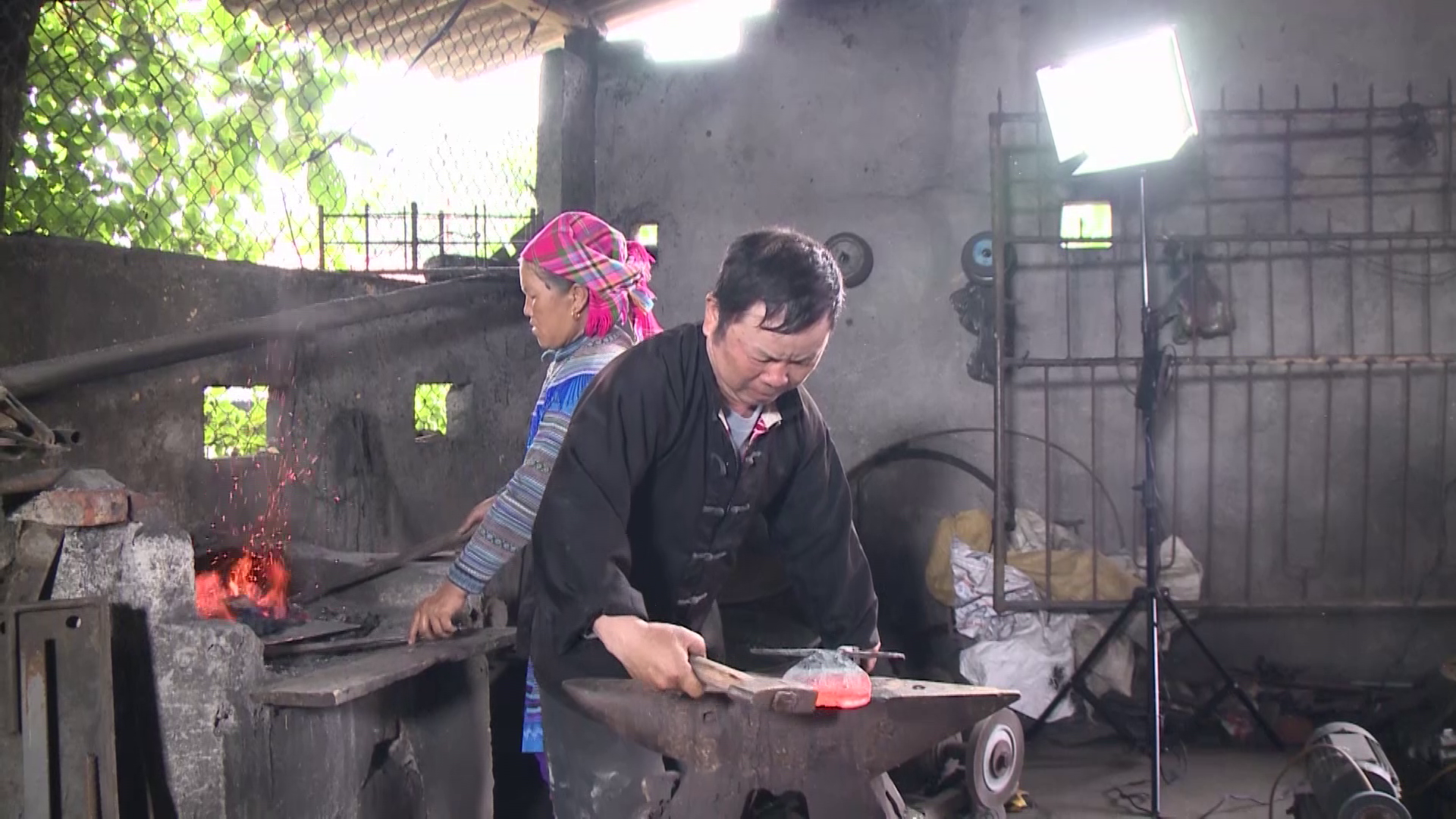
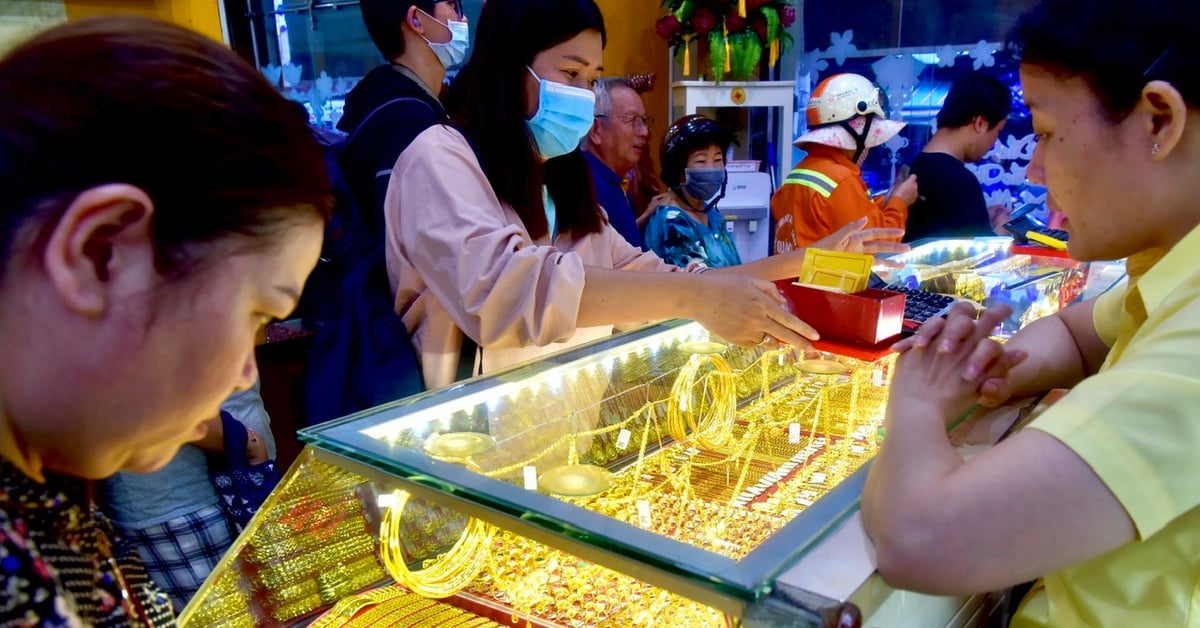
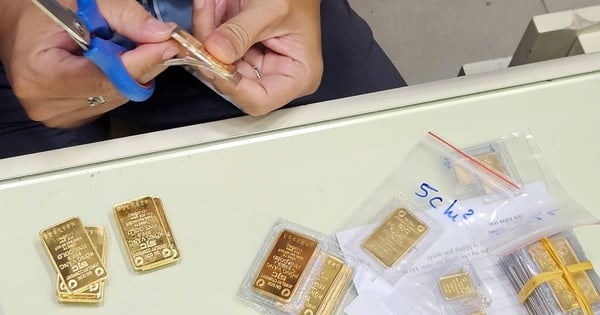
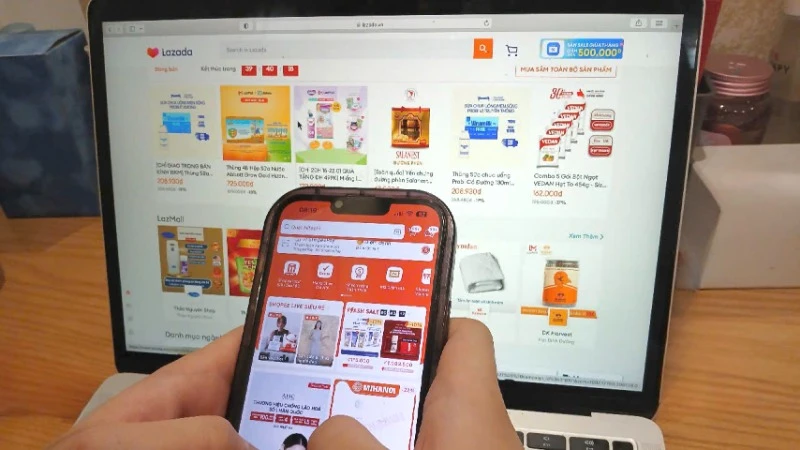







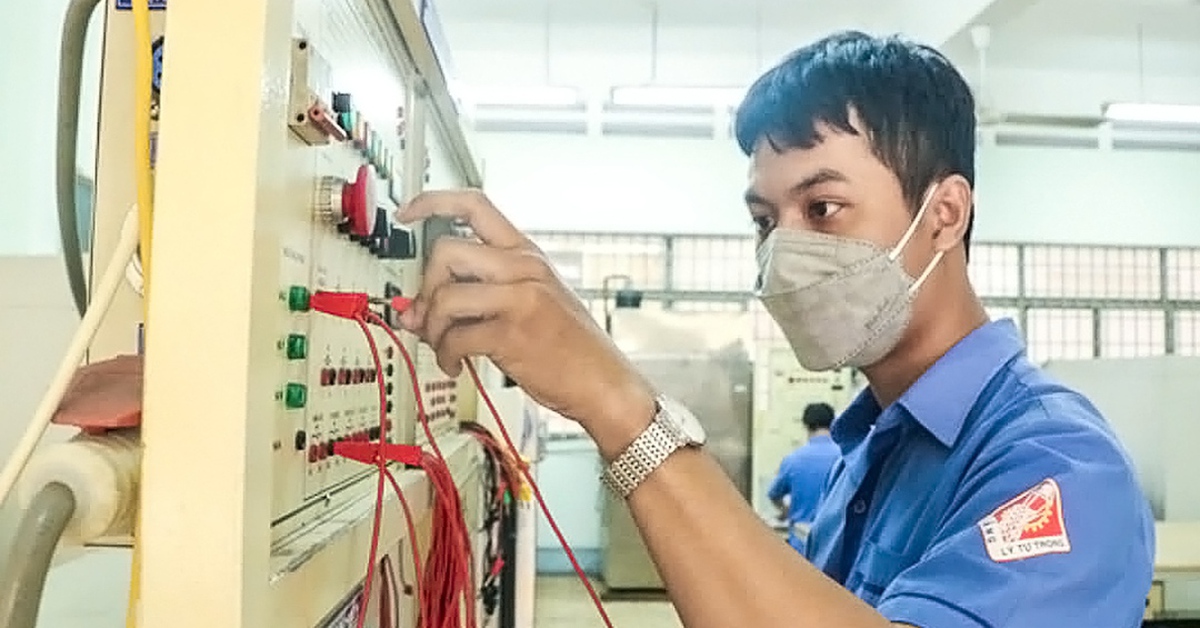


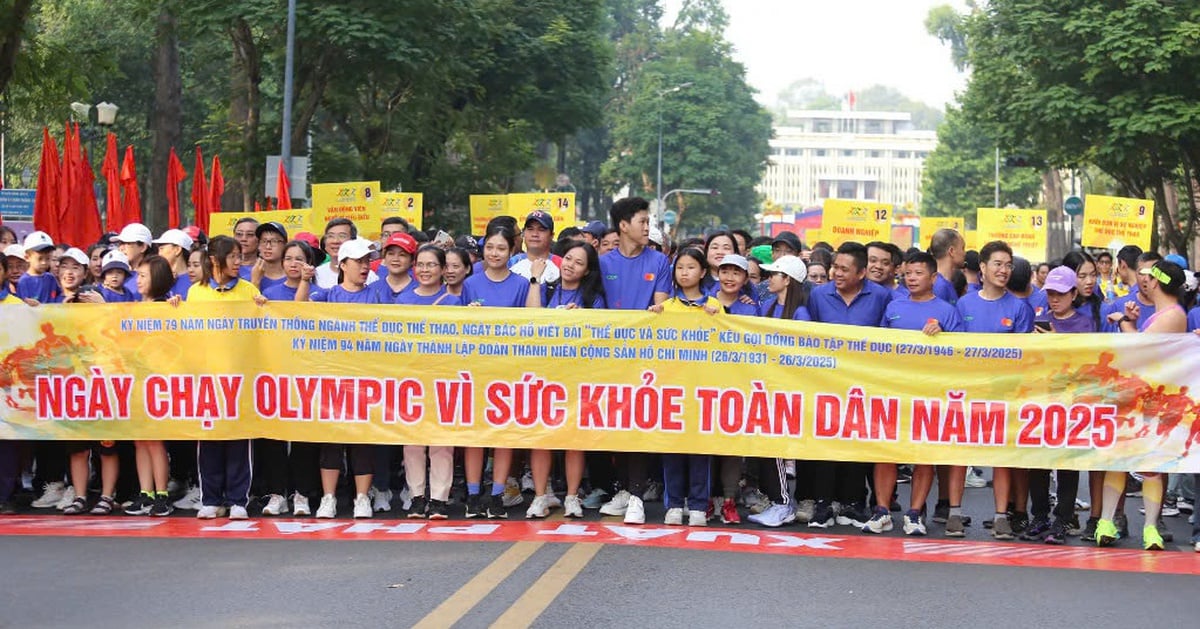

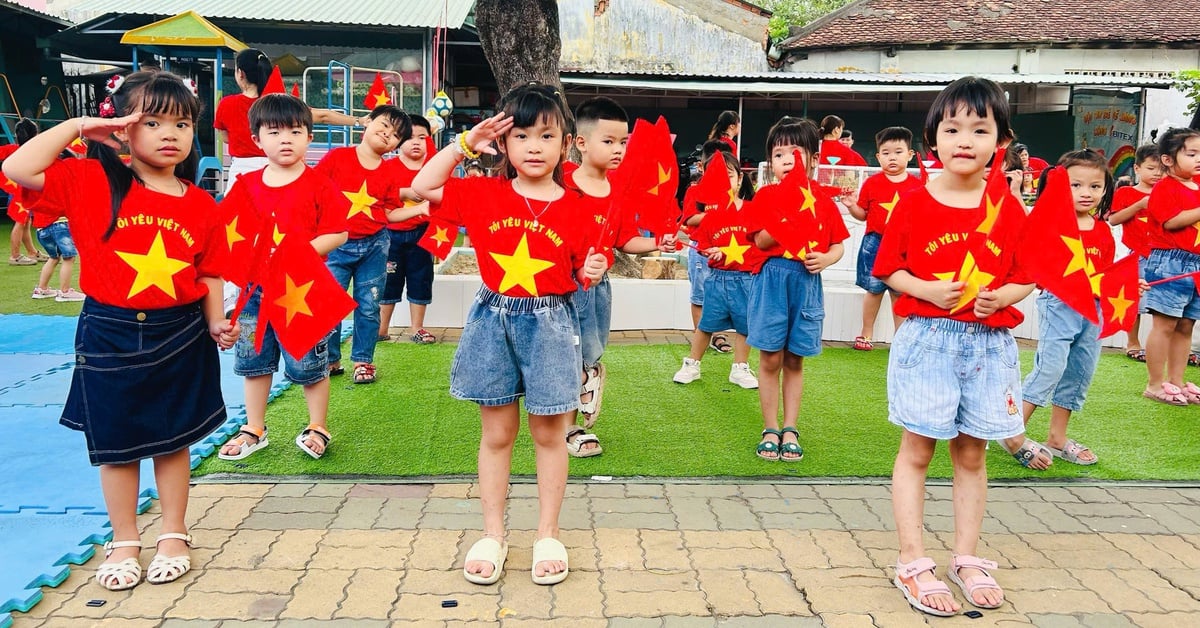








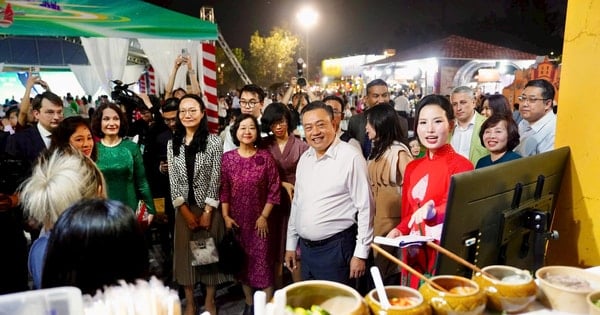
































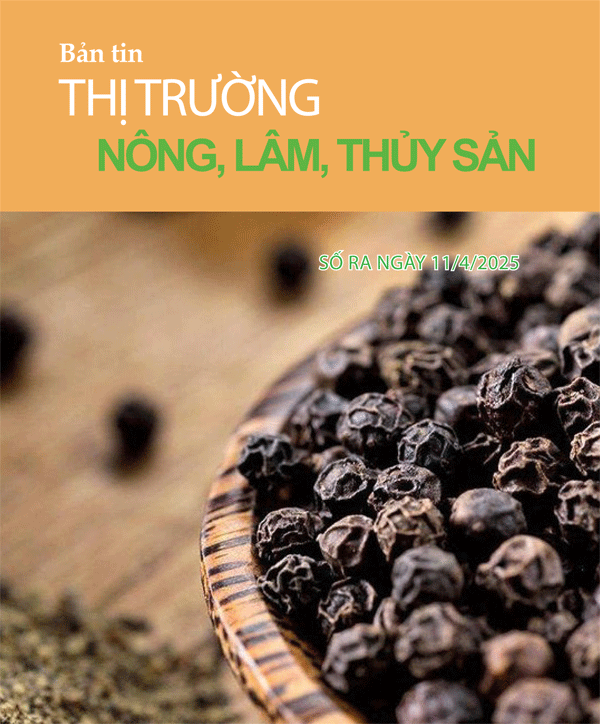

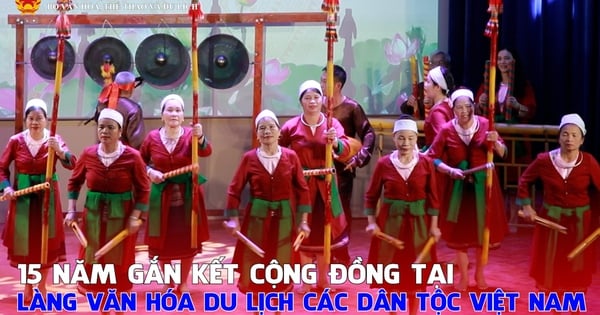

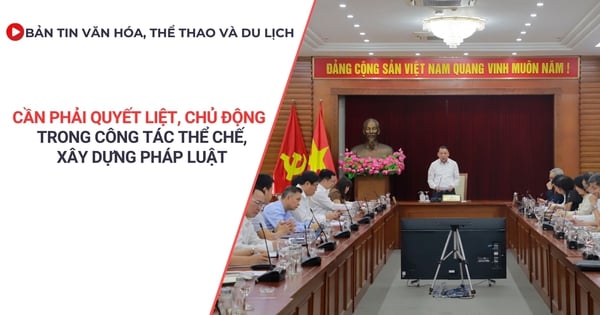






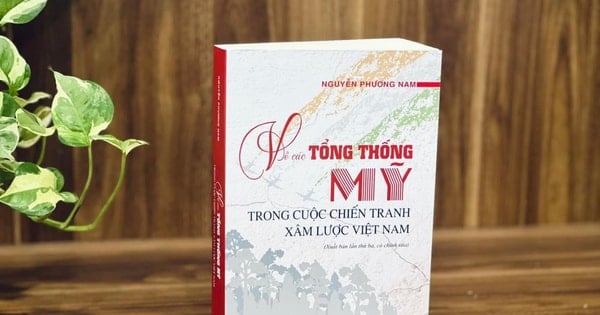


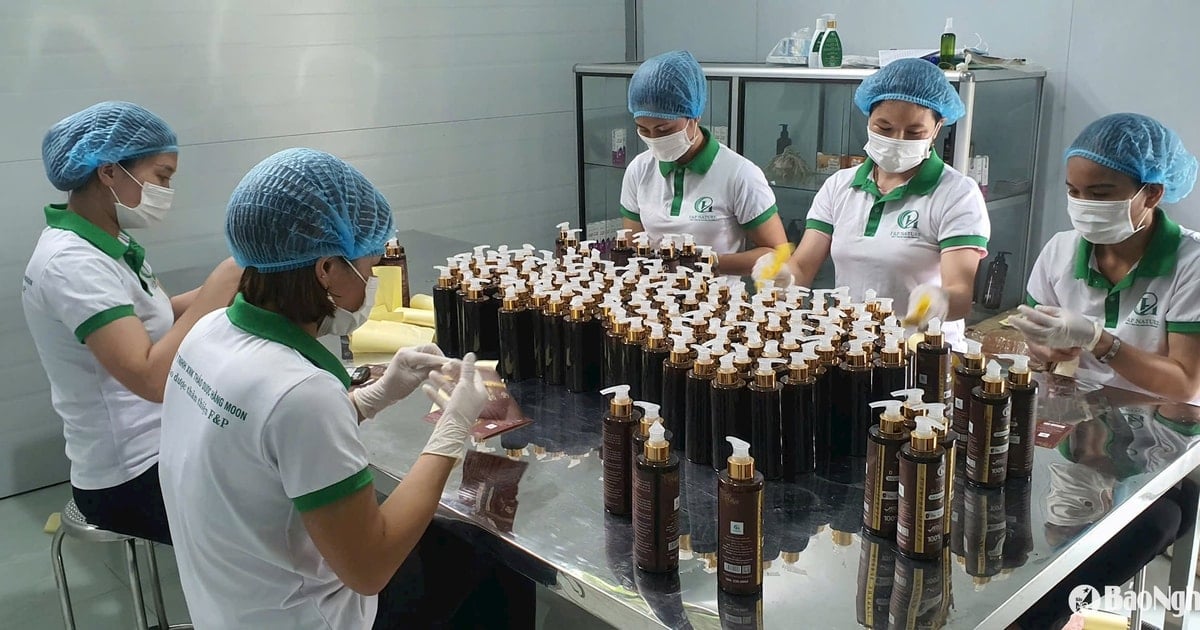

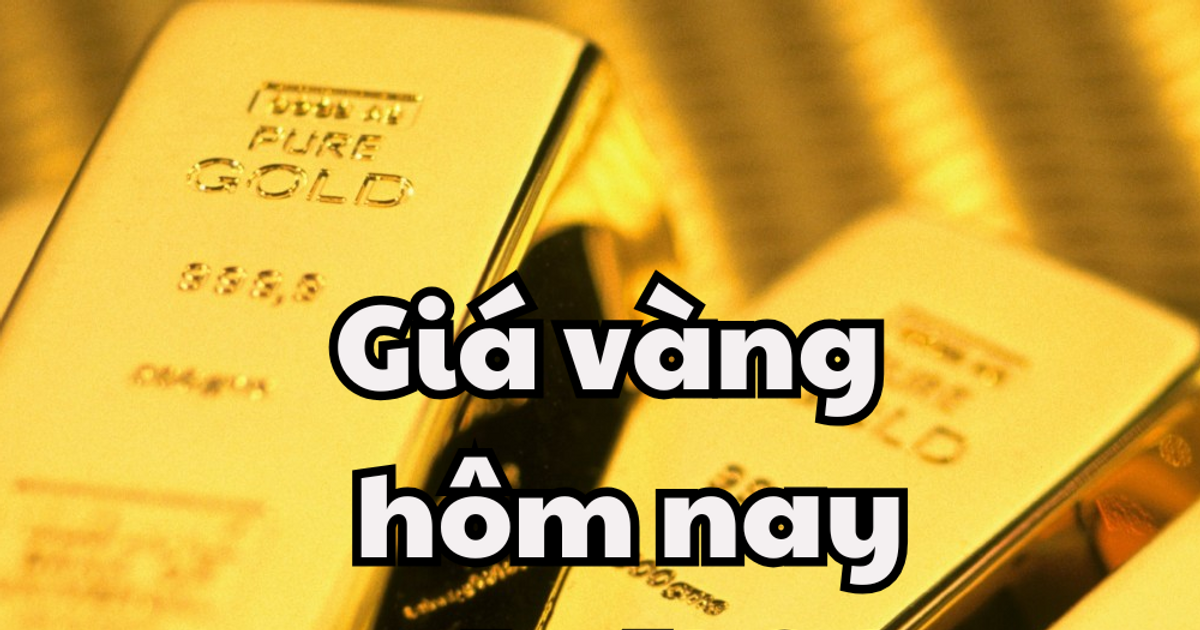










Comment (0)